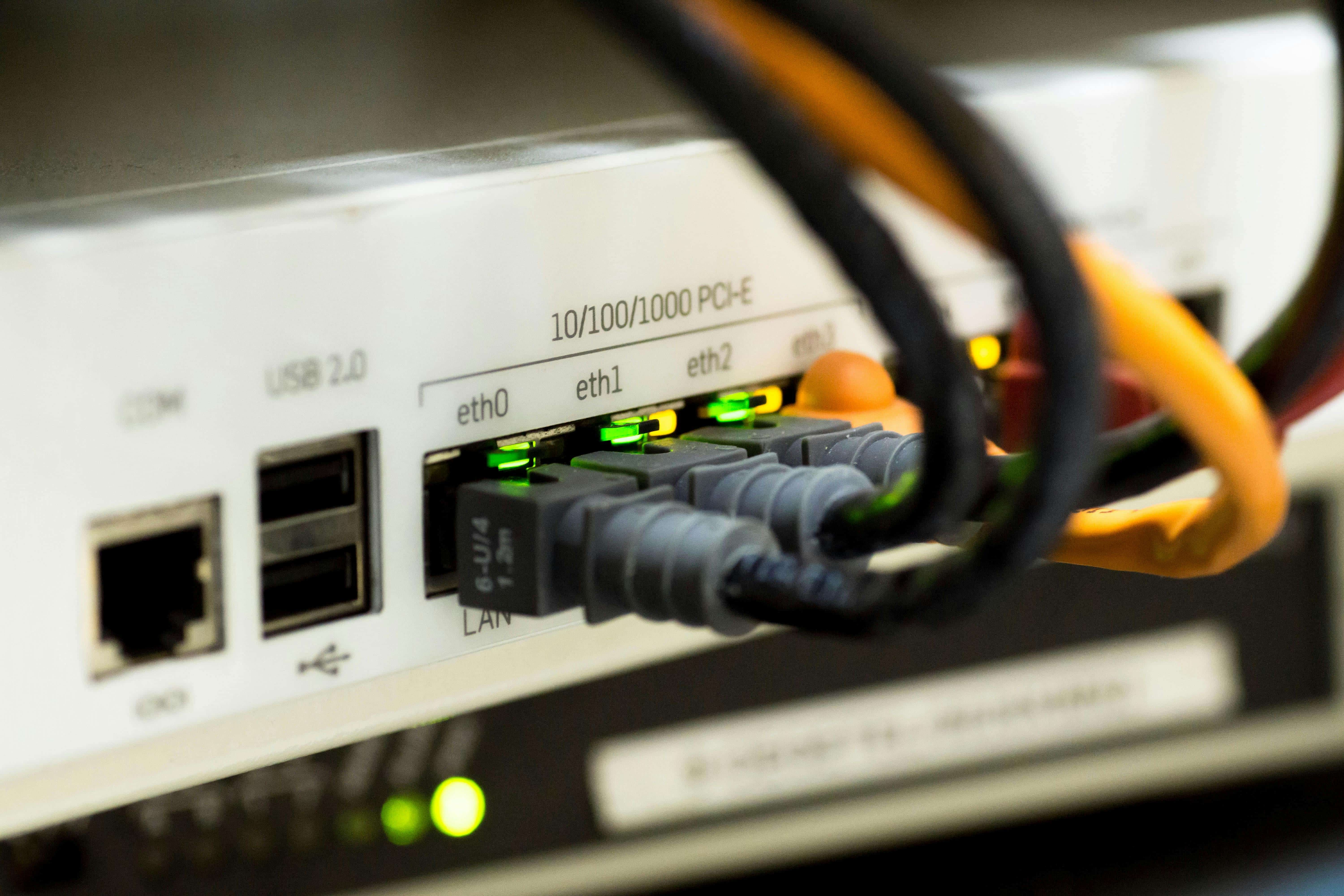The Digital Protection Everyone Needs
In this digital age, the importance of cybersecurity is clearer than ever. The term itself can seem esoteric to some, but in reality, it is a crucial aspect of our daily life. Cybersecurity is, in simple terms, the protection of computer systems, networks, and data from unauthorized or malicious access, use, disclosure, disruption, alteration, destruction, or disruption.
For individuals, cybersecurity means protecting personal, financial, and other sensitive information that is stored digitally or online. This can range from emails and photos stored on your computer to sensitive financial data, such as credit card numbers and bank account information. It could even include protecting your online reputation and personal identity, both of which can be compromised by malicious cyber actors.
Cyber threats are diverse and constantly evolving. You may have heard of terms like malware, ransomware, phishing, and botnets. These are all different types of cyber attacks aimed at exploiting weaknesses in computer systems and networks to steal data, damage systems, or generally disadvantage individuals and organizations.
With a connected world that involves more and more online transactions and interactions, everyone, regardless of their technical knowledge, should have a basic understanding of cybersecurity and take steps to protect their digital life. In this context, cybersecurity therefore becomes not only a technical necessity, but also an essential life skill in the 21st century.
Why Every Individual Should Consider Cybersecurity
In the modern world, the internet has become an integral part of our daily lives. Whether it's shopping, banking, socializing, or working, we do it all online. While this digital connectivity has made our lives easier in many ways, it has also opened new opportunities for cybercriminals.
- Identity Theft: One of the most common forms of cybercrime is identity theft. Cybercriminals can steal personal information such as your name, address, credit card details, and even your social security number. They can then use this information to make purchases in your name, apply for credit, and even commit crimes.
- Financial Fraud: Another common form of cybercrime is financial fraud. This is when cybercriminals gain access to your bank account or credit card information and use it to make unauthorized transactions.
- Loss of personal data: Cyberattacks can also lead to the loss of personal data. This can range from losing important documents or photos to losing valuable personal memories.
- Invasion of Privacy: In some cases, a cyber attack can also lead to a breach of your privacy. Cybercriminals, for example, can gain access to your private messages, photos, and other sensitive information.
In short, cybercrime can have serious and sometimes devastating consequences for an individual's life. Therefore, it is crucial that everyone takes steps to secure their online presence.
Creating a Safe Cyber Environment: Essential Cybersecurity Strategies
Creating a secure cyber environment requires a combination of technical measures and conscious online habits. Here are some strategies that individuals can apply to improve their online security:
- Use of strong, unique passwords: Strong passwords that consist of a mix of letters, numbers, and special characters can help protect your accounts from unauthorized access. Using a unique password for each account can help limit the damage if one of your accounts is compromised.
- Multifactor Authentication (MFA): MFA provides an additional layer of security by requiring you to provide multiple forms of identification before gaining access to an account. This could be something you know (like a password), something you have (like a phone where a code can be sent), and something you are (like a fingerprint).
- Regular software updates: Software manufacturers regularly release updates to patch known security vulnerabilities. It's important to keep your software, including your operating systems and apps, up-to-date to receive this protection.
- Caution with email attachments and links: Phishing attacks, where attackers try to get you to click on malicious links or attachments, are a common cyber threat. Always be cautious when opening attachments or clicking on links, especially if they come from an unknown source.
- Use a reliable antivirus program: A good antivirus program can help protect your devices from malware and other cyber threats. It's important to ensure that your antivirus software is regularly updated to handle the latest threats.
- Backing up your data: Making regular backups of your data can help ensure that you can restore it in case of a cyber attack.
By applying these strategies, individuals can significantly reduce their exposure to cyber threats and better secure their digital information.
Specific Attacks and How to Avoid Them
As we navigate the digital age, we must learn to recognize our enemies. Phishing, smishing, and ransomware attacks are common cyber attacks that can affect individuals. Each of these attacks requires a specific approach to avoid:
- Phishing: Here, attackers pretend to be trustworthy entities in order to steal sensitive information. Be wary of emails or messages that appear to come from a trusted source, such as a bank or government agency, but ask you for personal information, such as your login details or credit card number.
- Smishing: A variant of phishing where attackers use text messages to deceive you. Just like with phishing, be wary of messages that ask you to provide personal information or lead you to unknown or suspicious websites.
- Ransomware: This is a type of malware that 'holds hostage' your data by encrypting it and then demanding a ransom for its decryption. Be wary of emails or messages threatening to block or encrypt your data.
By staying alert and not clicking on suspicious links or providing personal information, you can avoid many of these attacks.
Cybersecurity at a Personal Level - An Ignored Aspect of Modern Life
As we spend increasingly more of our lives online, cybersecurity becomes a crucial aspect that cannot be ignored. While it may seem complex and technical, there are many simple steps that you can take to secure your online presence. By using strong, unique passwords, enabling multifactor authentication, regularly performing software updates, being careful with email attachments and links, using a reliable antivirus program, and regularly backing up your data, you can protect yourself and your valuable digital information from cybercrime.
In addition, it's important to know that you're not alone in this fight against cyber threats. At Korper ICT, we offer cybersecurity services to help you keep your digital life safe. While we may not specialize in specific aspects such as phishing or ransomware, we do support a range of cybersecurity initiatives and can advise on best practices and tools to improve your online safety. Remember, we all have a role to play in creating a safer digital world.




